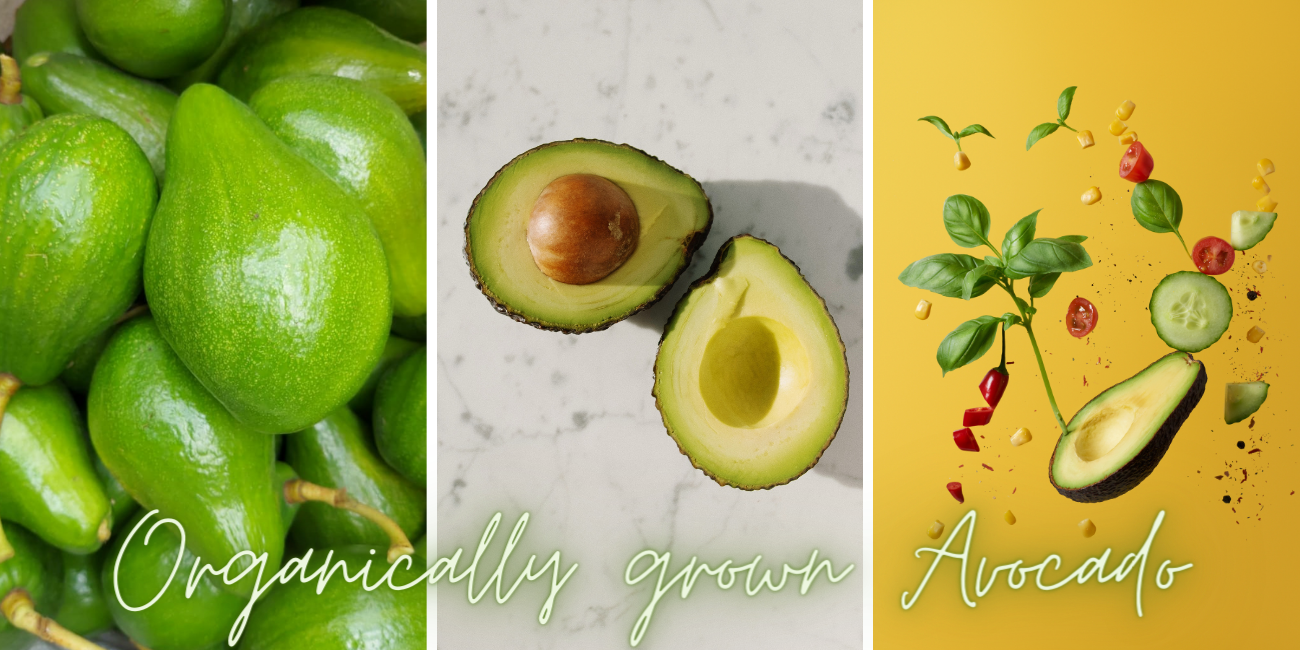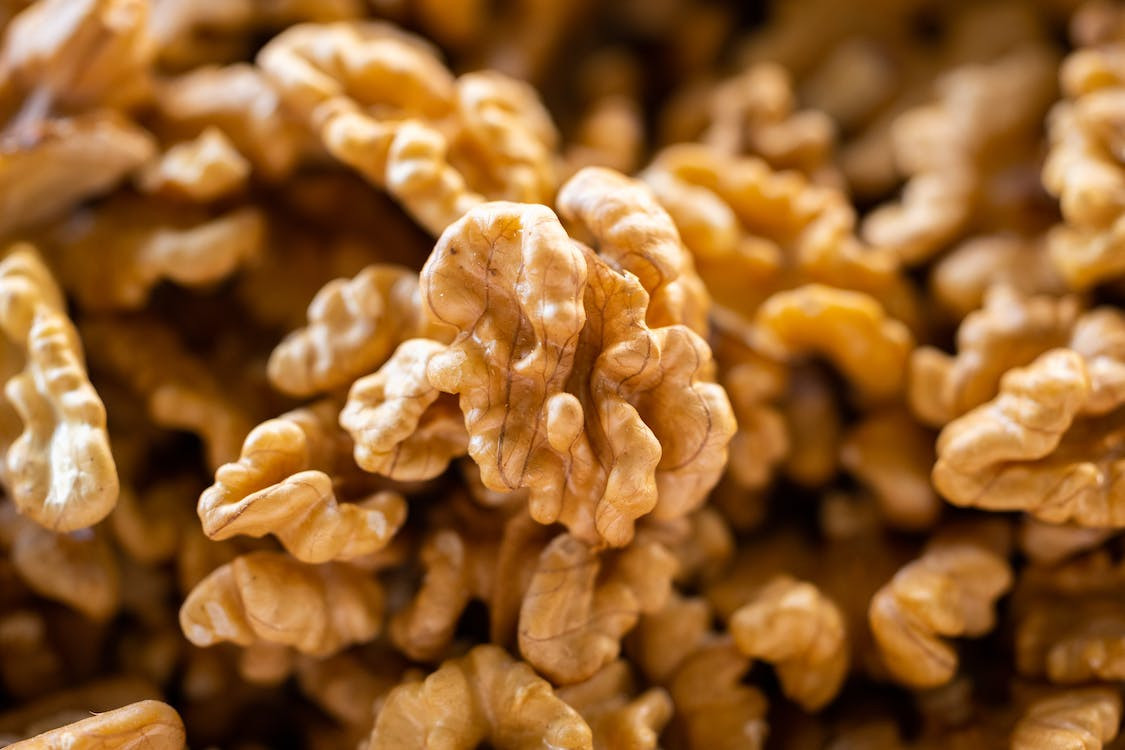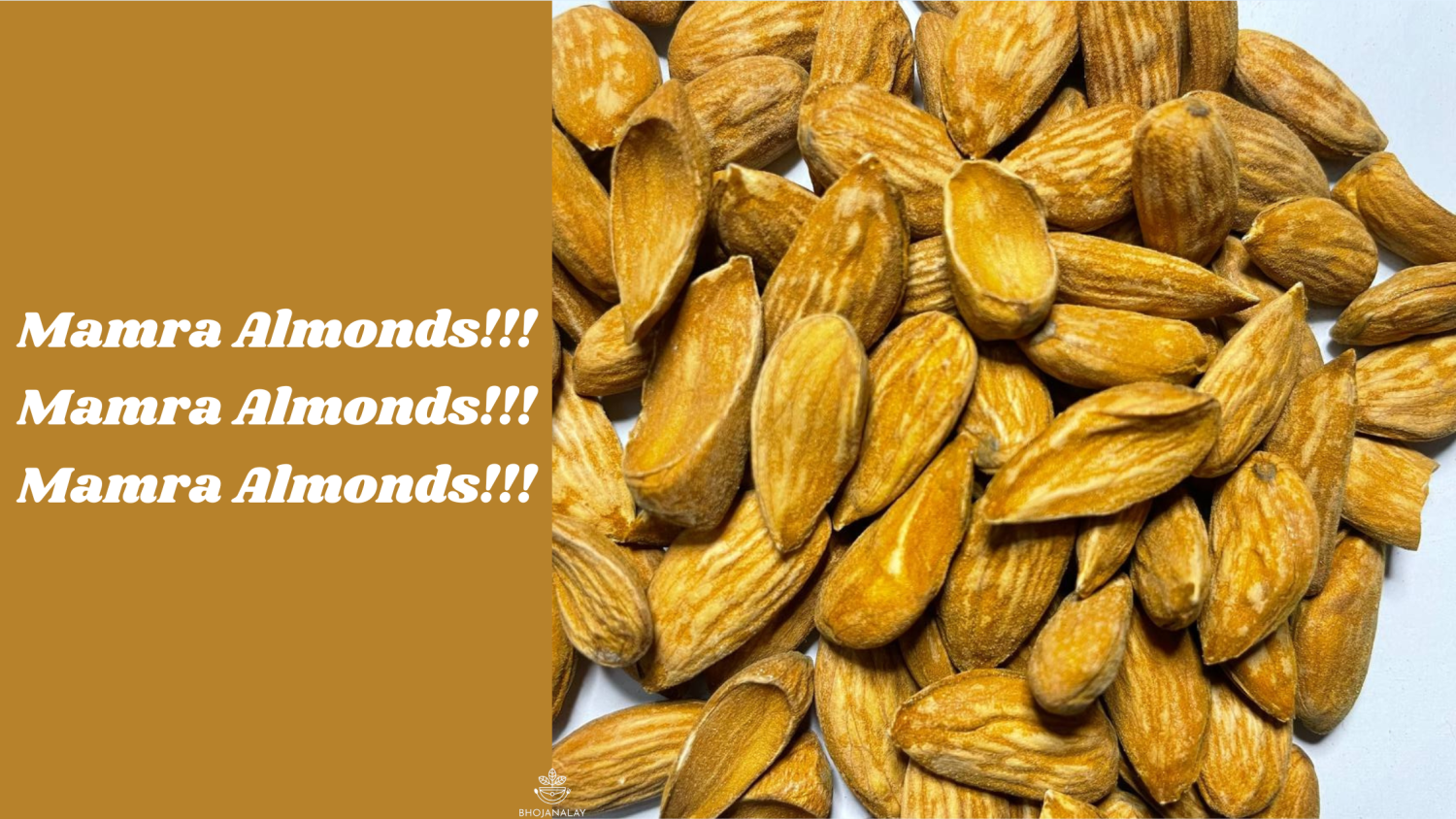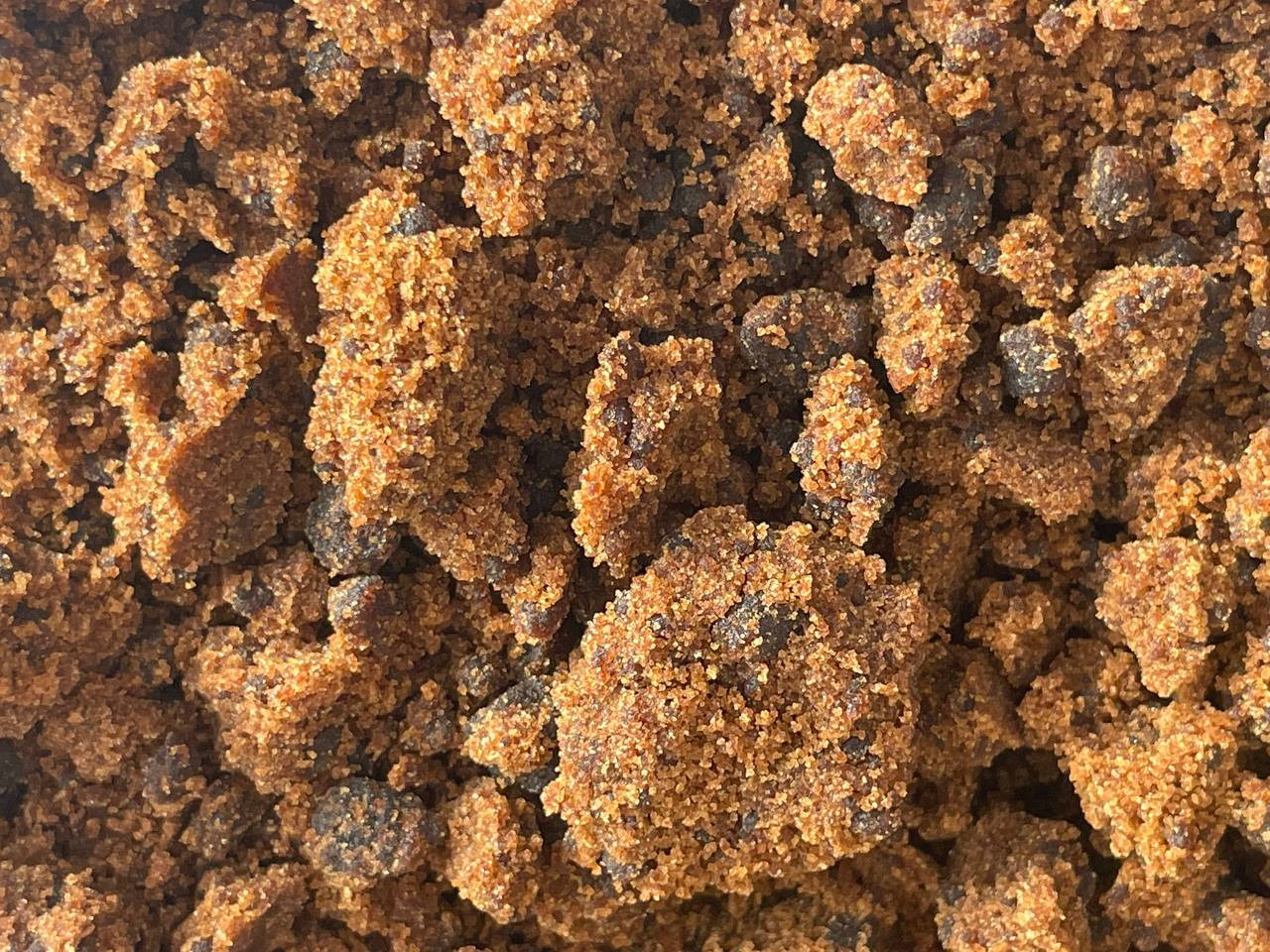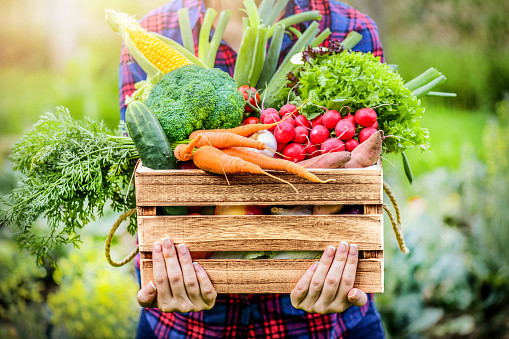Reducing Food Waste: Simple Ways to Protect the Environment and Save Resources
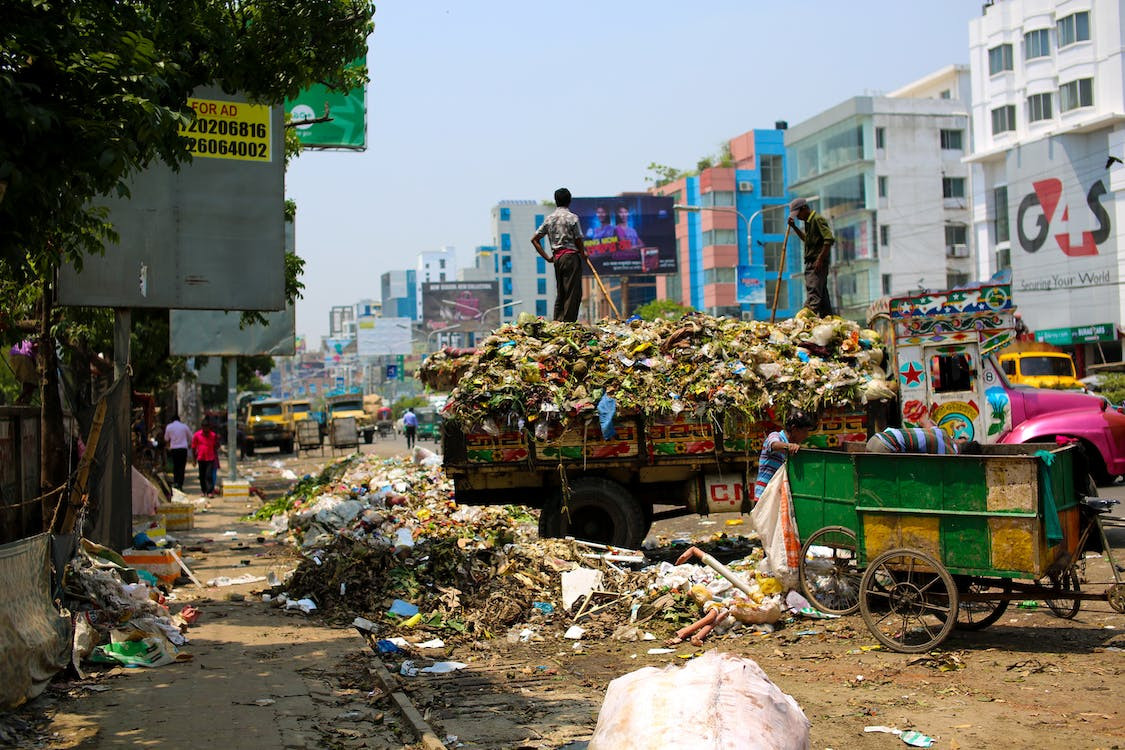
Reducing food waste is an important issue, both for environmental and economic reasons. When food is wasted, the resources that went into producing it, including water, land, and energy, are also wasted. Food waste is also a significant contributor to greenhouse gas emissions, as it decomposes in landfills and releases methane, a potent greenhouse gas.
There are many ways that individuals can help to reduce food waste. One effective way is to plan meals and make a grocery list before shopping. This can help to ensure that you only buy the ingredients you need and reduce the risk of impulse purchases that may go to waste. It's also a good idea to store food properly to help it stay fresh for longer.
Another way to reduce food waste is to be mindful of portion sizes and only cook as much food as you need. Leftovers can be a great way to reduce waste, but it's important to store them properly and use them up within a few days. There are many creative ways to use up leftover food, such as turning it into soups, casseroles, or sandwiches.
It's also a good idea to be aware of the "use by" and "best by" dates on food labels. These dates are not safety dates, but rather are intended to indicate the best quality of the product. Foods that are past their "use by" date should be thrown away, but foods that are past their "best by" date may still be safe to eat and can be used up.
Overall, reducing food waste is an important way to protect the environment and save resources. By being mindful of portion sizes, storing food properly, and finding creative ways to use up leftovers, individuals can make a positive impact and help to reduce food waste.
